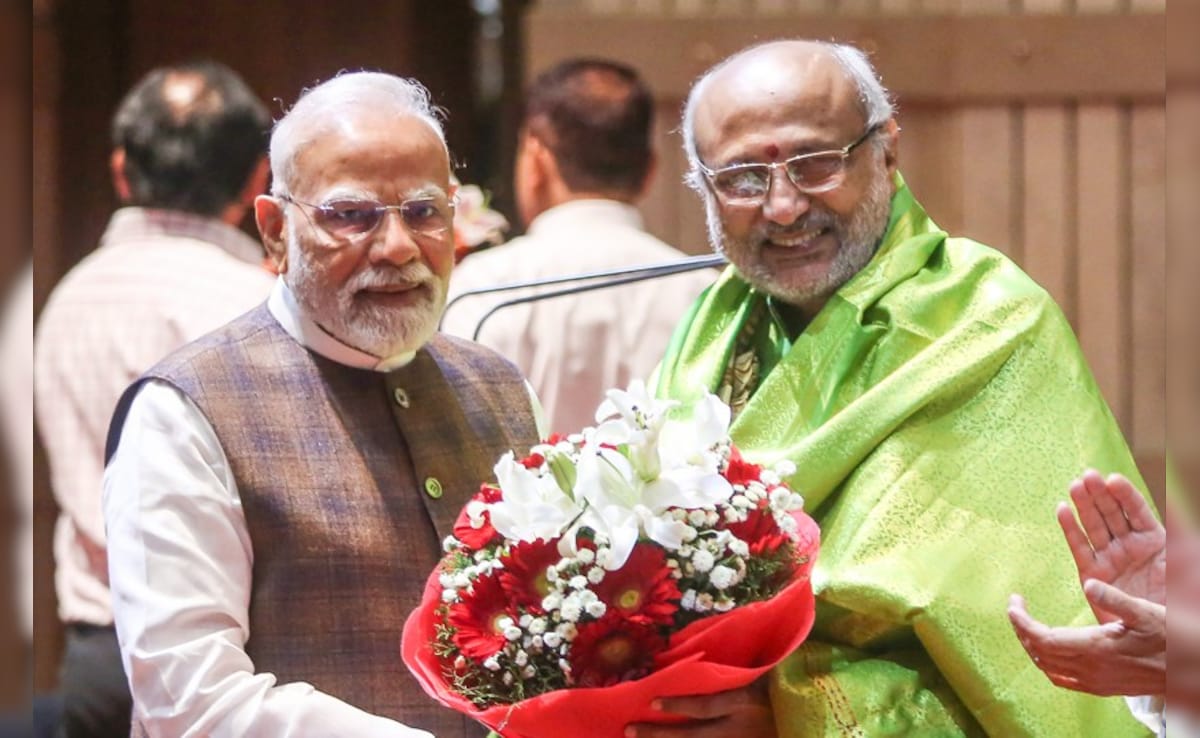<p style=”text-align: justify;”>Israeli Prime Minister Benjamin Netanyahu is set to meet with his security cabinet this week to chart the country’s next steps in Gaza, following the breakdown of indirect ceasefire talks with Hamas. According to a senior Israeli official, the possibility of escalating military action is now firmly on the table.</p>
<p style=”text-align: justify;”>The talks, held in Doha, had aimed to secure a US-backed 60-day ceasefire that would allow humanitarian aid into Gaza and facilitate the release of half the hostages held by Hamas in exchange for Palestinian prisoners in Israeli jails. But the negotiations fell apart, leaving Israel to reconsider its strategy.</p>
<p style=”text-align: justify;”>US Middle East envoy Steve Witkoff, who visited Israel on Saturday, had been working closely with Israeli leadership on a plan to bring the war to a close. Following his meeting with Netanyahu last Thursday, an Israeli official noted a “shared understanding” between Washington and Jerusalem was beginning to form. The emerging consensus envisioned a broader and more lasting agreement that would include the full release of hostages, the disarmament of Hamas, and the demilitarization of the Gaza Strip. These remain Israel’s core conditions for ending the conflict.</p>
<p style=”text-align: justify;”>Yet by Sunday, that optimism had faded. An Israeli official signaled growing frustration, stating that “an understanding is emerging that Hamas is not interested in a deal,” and that the prime minister was now leaning toward a military solution to free the remaining hostages and defeat Hamas on the battlefield.</p>
<h2 style=”text-align: justify;”>Push Toward Expansion in Gaza</h2>
<p style=”text-align: justify;”>By Monday, signs pointed toward a shift in Israel’s approach. Channel 12 reported that Netanyahu was inclined to expand the military offensive and potentially seize full control of Gaza. Inside the Israeli government, debate is intensifying over what a “military defeat” of Hamas might actually entail.</p>
<p style=”text-align: justify;”>Some officials have floated the controversial idea of annexing parts of Gaza, hoping that increased pressure could weaken Hamas’ control. Far-right ministers such as Finance Minister Bezalel Smotrich and National Security Minister Itamar Ben-Gvir are advocating for a more aggressive plan. They want to impose military rule in Gaza and re-establish Jewish settlements that Israel dismantled two decades ago.</p>
<p style=”text-align: justify;”>The Israeli military, however, has expressed caution. Defense officials say military leaders are preparing alternative plans that include operations in areas of Gaza yet to see direct Israeli intervention. While political leaders push for expansion, the army remains wary. They are concerned that such moves could jeopardize the lives of the estimated 20 hostages still held by Hamas.</p>
<h2 style=”text-align: justify;”>The Strategic Uncertainty</h2>
<p style=”text-align: justify;”>Tensions between the military and political leadership are also surfacing. Israeli Army Radio reported that IDF Chief of Staff Eyal Zamir is increasingly frustrated with what he perceives as a lack of strategic clarity from the government. He has reportedly warned against being dragged into a prolonged war of attrition.</p>
<p style=”text-align: justify;”>Asked to comment, a spokesperson for the Israel Defense Forces declined to respond directly to the report. However, Lieutenant Colonel Nadav Shoshani affirmed that the army remains ready. “We have different ways to fight the terror organization, and that’s what the army does,” he said.</p>
<h2 style=”text-align: justify;”>Regional Diplomacy Takes Shape</h2>
<p style=”text-align: justify;”>Meanwhile, regional powers are trying to revive the political track. On Tuesday, Qatar and Egypt joined France and Saudi Arabia in backing a declaration that calls for a path toward a two-state solution. The document urges Hamas to disarm and transfer control of Gaza to the Palestinian Authority.</p>
<p style=”text-align: justify;”>Hamas, while rejecting the call to surrender its weapons, has indicated some openness to change. According to three senior Hamas officials, the group is willing to relinquish governance of Gaza in favor of a non-partisan interim body, provided that any post-war arrangement is determined by Palestinians themselves and not imposed by outside powers.</p>
<p style=”text-align: justify;”>Still, the road to peace remains uncertain. Speaking to reporters in Jerusalem on Monday, Israeli Foreign Minister Gideon Saar acknowledged the complexity of the moment.</p>
<p style=”text-align: justify;”>“We want all our hostages back. We want this war to end,” he said. “And while we always prefer diplomacy, the real question is: under what conditions can this war truly end?”</p>
World
‘We Want This War To End’: Israel Weighs On Next Move As Ceasefire Talks With Hamas Collapse
by aweeincm

Recent Post

“Nationalistic Ideology” Overall Winner: Veep-Elect’s Jibe At Opposition
Vice President elect CP Radhakrishnan said this evening that the ... Read more

IndiGo Suspends Kathmandu Flights Amid Protest In Nepal
IndiGo Airlines on Tuesday issued a travel advisory announcing the ... Read more

Apple Launches iPhone 17 at ‘Awe Dropping’ Event With These Upgrades
Apple, at its ‘Awe Dropping’ event, unveiled the all-new iPhone ... Read more

US Tightens Visa Rules: No More Quick Appointments Abroad For Indians
The US Department of State has issued a directive- effective ... Read more